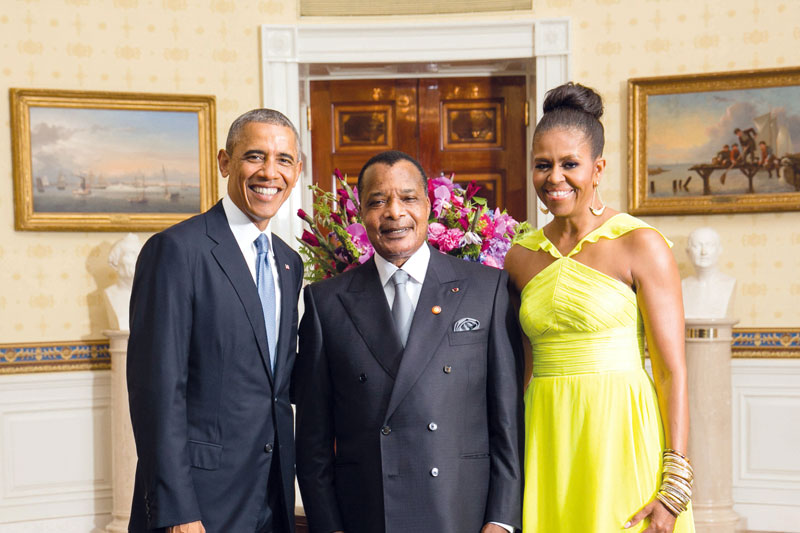The Republic of the Congo offers “tremendous opportunities” to U.S. investors and both countries are working closely to develop trade partnerships

The business climate in the Republic of the Congo is “trending in the right direction” and has become ripe for foreign investment, according to the latest comments from U.S. officials.
The U.S. embassy in the Central African nation believes Congo “offers tremendous opportunities to those companies and investors capable of taking advantage of them” and the two countries are now working together to forge new partnerships.
At present, the economy of the Republic of the Congo is heavily dependent on oil, with the petroleum industry generating 70% of the country’s GDP, 80% of government revenues and nearly 90% of export revenues. Government efforts to diversify these figures are focused on developing the logging, telecommunications, banking and construction sectors, while other areas such as the agricultural industries – particularly palm oil and rubber – and mining would all benefit from a greater presence of U.S. investors.
The country has some of the largest iron ore and potash deposits in the world but much of it has remained untapped, while the agricultural and fishing sectors currently account for a mere 5% of Congolese GDP. With an abundance of fertile soil, however, the sector is well placed to attract further investment that will allow the republic to reduce its food imports, which currently stand at 75%, and cut its reliance on nearby Kinshasa, the capital of neighboring Democratic Republic of the Congo.
To do this, the government has been working closely with the World Bank, the European Union, and governments from South Africa and Brazil on agriculture projects. The U.S. has historically remained on the sidelines because of language and historical barriers, partly because few Americans speak French – and few Congolese speak English – well enough to do business together. To overcome this, the U.S. has launched several English language instruction programs in the republic, which are helping to positively reshape the way the local population view the U.S. “We have more Congolese tertiary education students in the U.S. than ever,” said one U.S. official. “And in the last year demand for short-term visas has increased by 50%.”
The potential for improved relationships has been in place since 2000, when the Republic of the Congo became eligible for the African Growth and Opportunity Act (AGOA). AGOA is a U.S. trade preference program that allows some sub-Saharan African countries to export products to the U.S without having to pay import duties. Countries have to meet several criteria to be eligible for AGOA, including having a market-based economy and political pluralism; being seen to be making anti-poverty efforts; and to have no barriers to U.S. trade and investment.
The largest Congolese export to the United States remains oil, but as the country cuts back on its dependence on foreign fossil fuels, exports have fallen. Yet with the republic’s government diversifying its economic output and introducing business friendly practices, a new relationship with the U.S. has emerged that has linked the two nations together. Companies in the U.S. are now increasingly looking at opportunities in the country, with business people able to change the current lack of exports by investing in lucrative sectors in the central African nation – aside from oil – with agriculture, mining, sustainable logging, and eco-tourism all offering great rewards.
0 COMMENTS